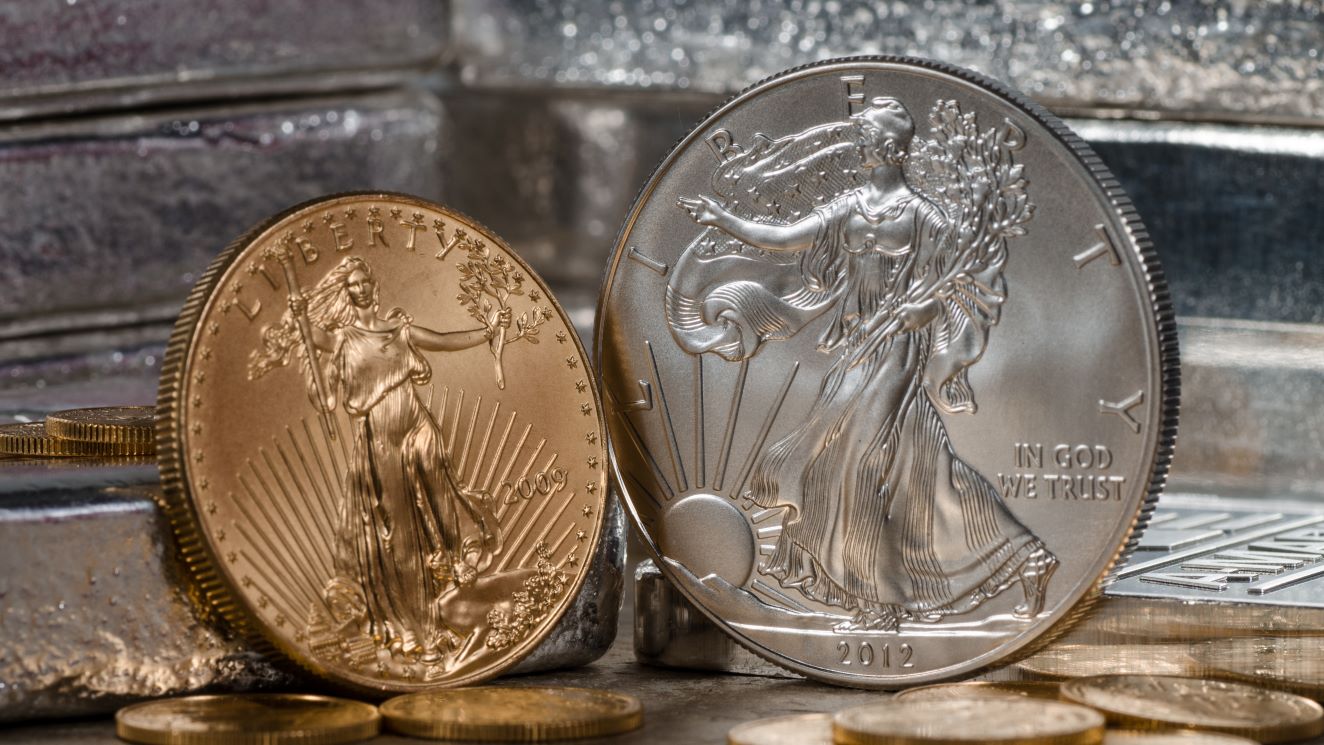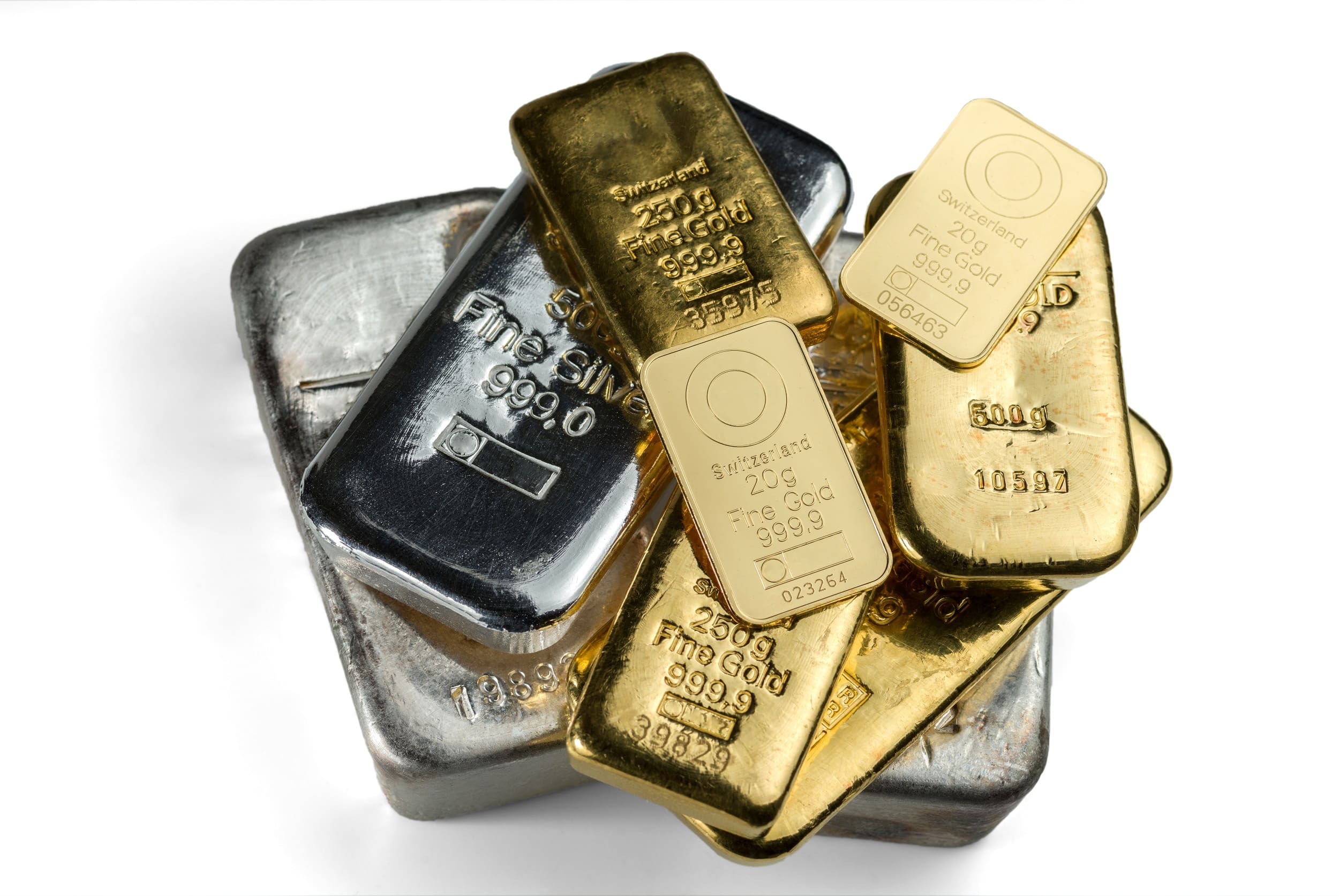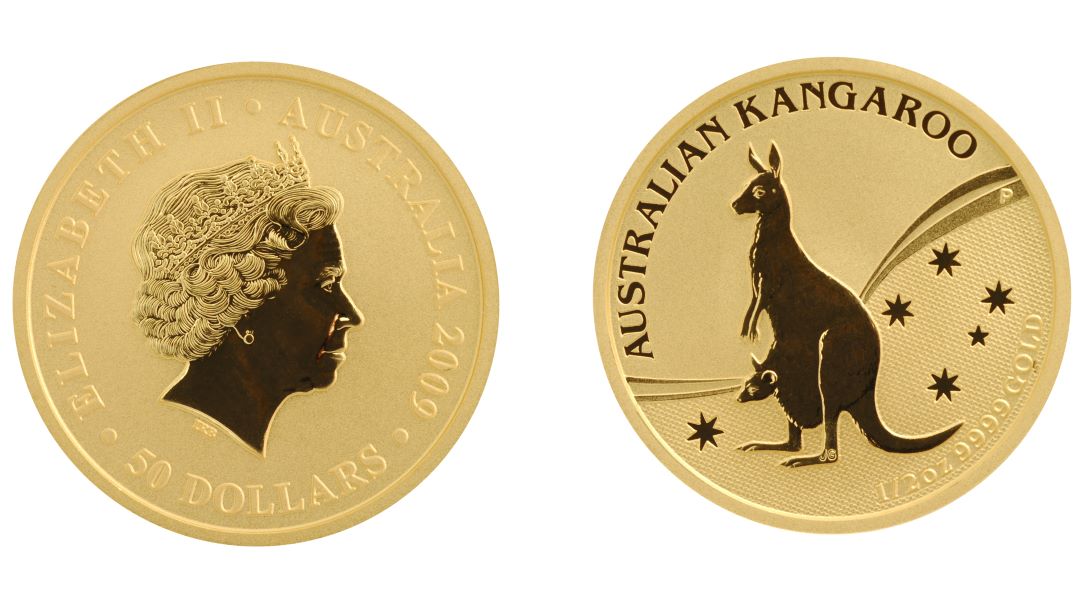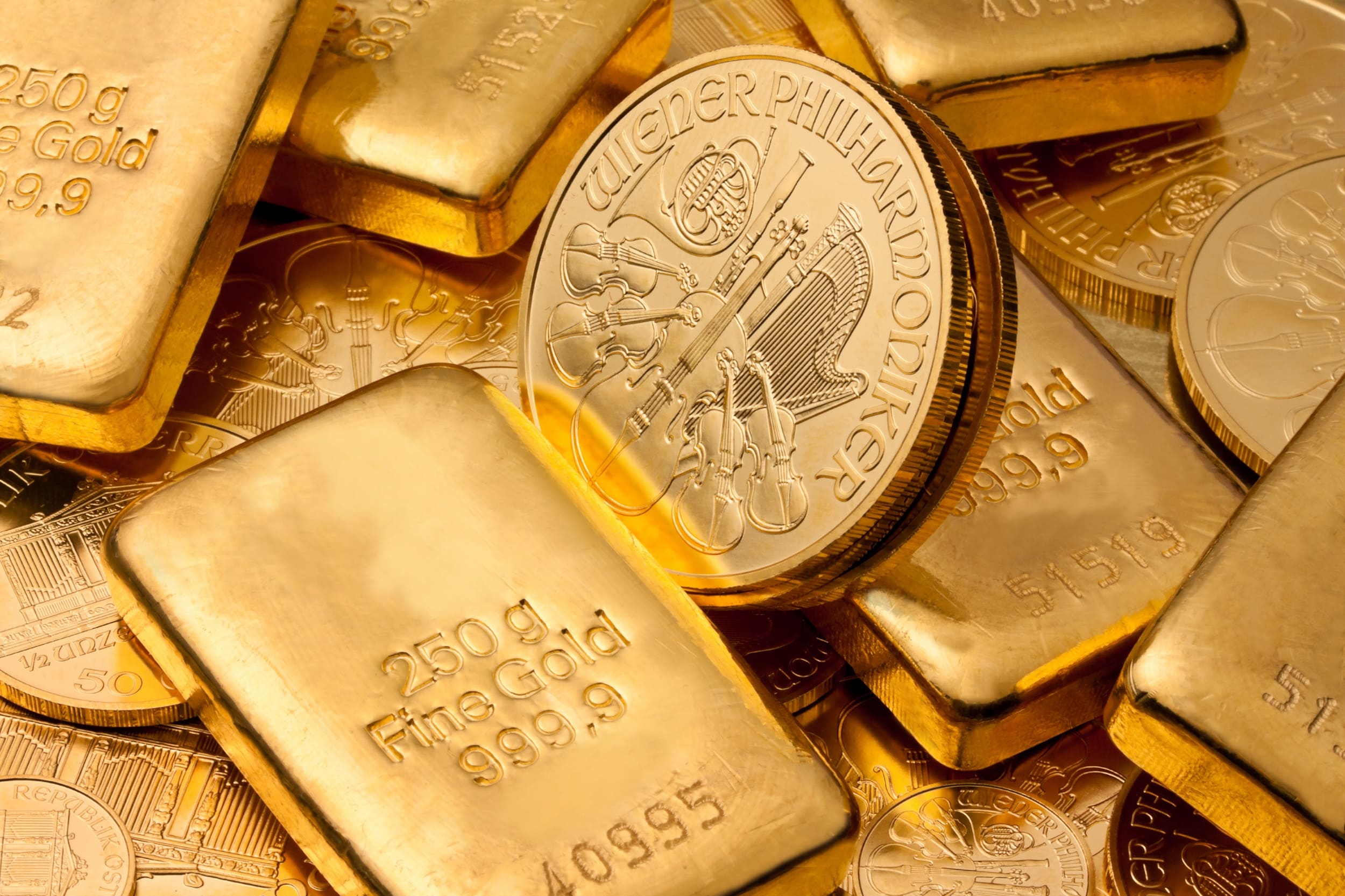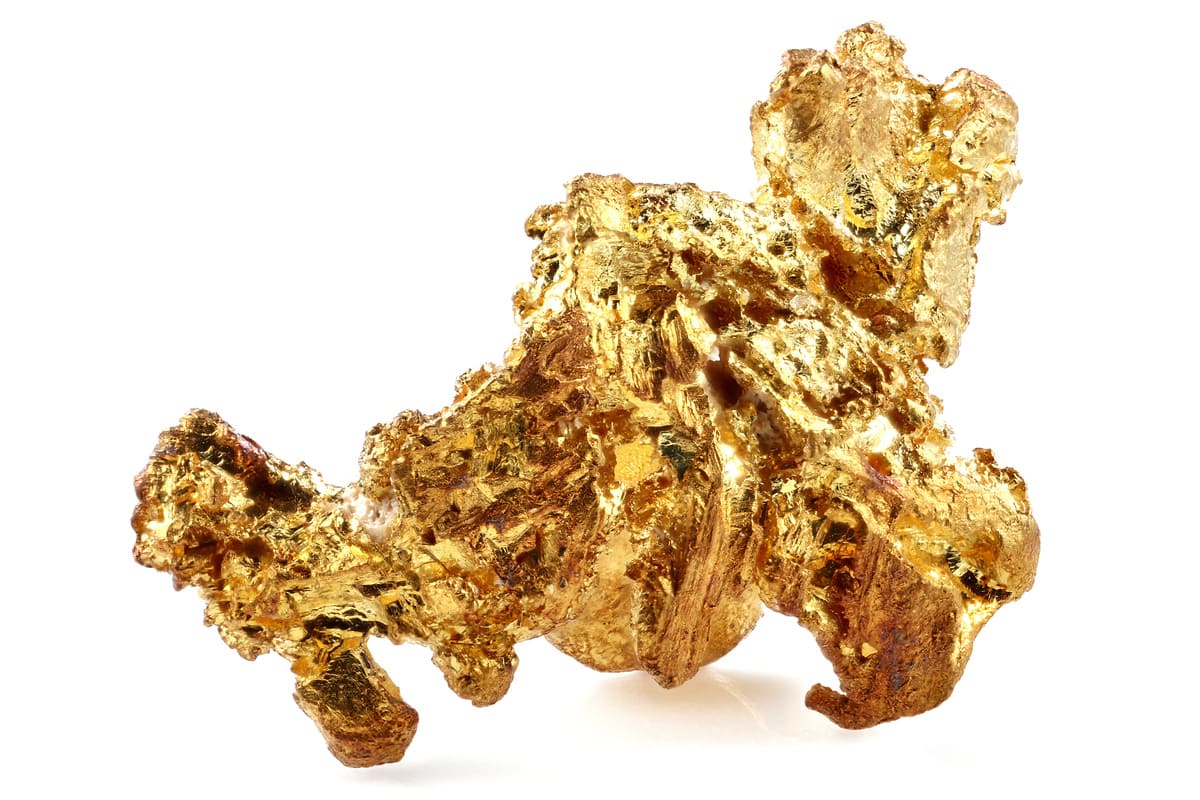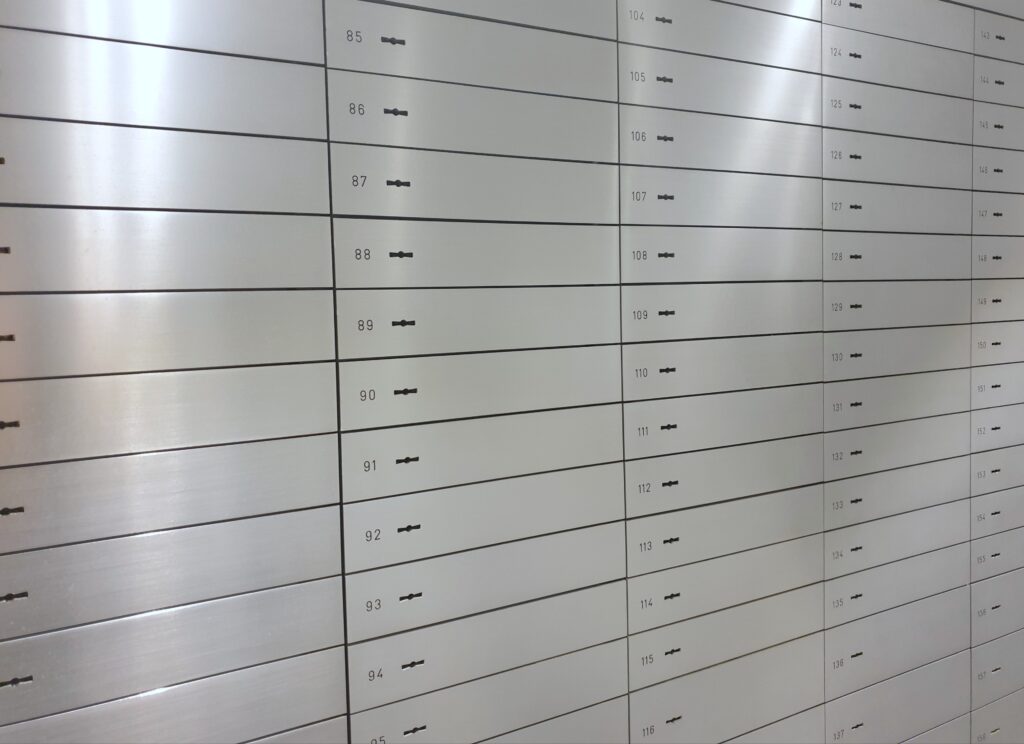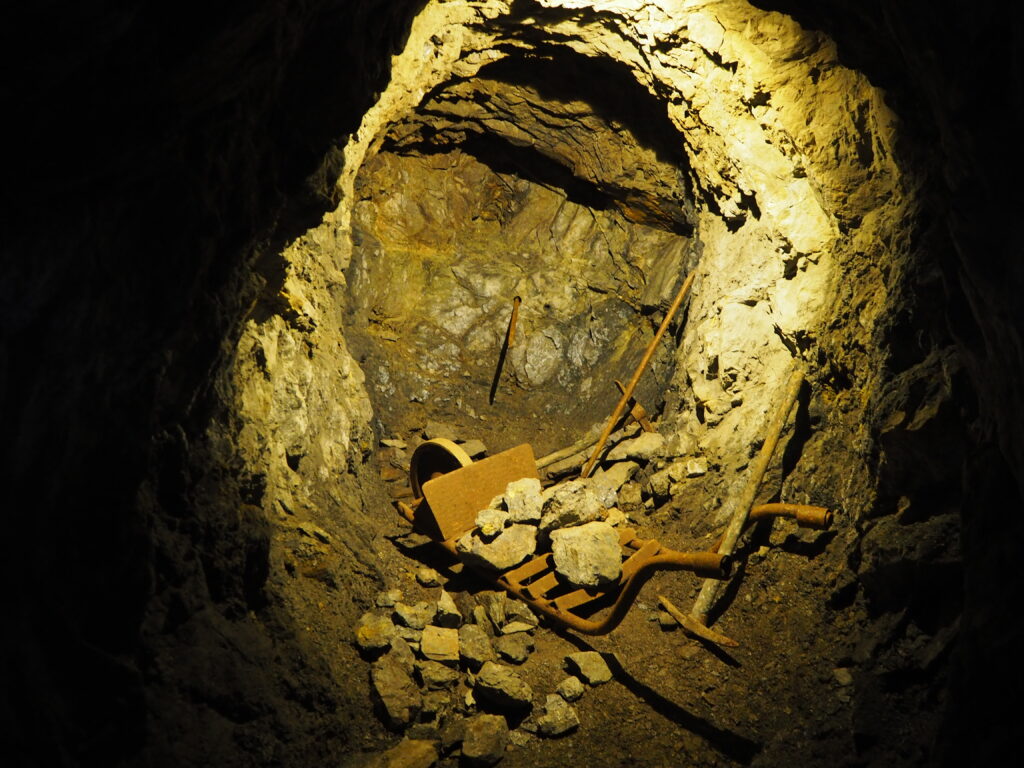Silver granules have limited investment appeal
Additional information > Investment forms for gold, silver, platinum and palladium > Silver granules have limited investment appeal
Why private investors should avoid silver granules
With investing in precious metals becoming a more favoured option, some investors may feel silver granules look like a promising investment. However, while the savings compared to the purchase of investment bars are touted as an advantage, a closer look reveals a different picture – i.e. silver granules only have limited value as a form of investment.
Silver granule production
Silver granulate is pure fine silver rendered in a coarse or fine-grained format. It is created via a simple manufacturing process: liquid silver is poured into cold water through a heat-resistant sieve. In the process, it forms silver particles of different sizes which are almost round in shape. These particles can range in size from very small nuggets through to something the size of a small cereal grain. Generally speaking, the production of silver granulate takes place in refineries, who sell the product on to industrial clients and precious metal dealers.
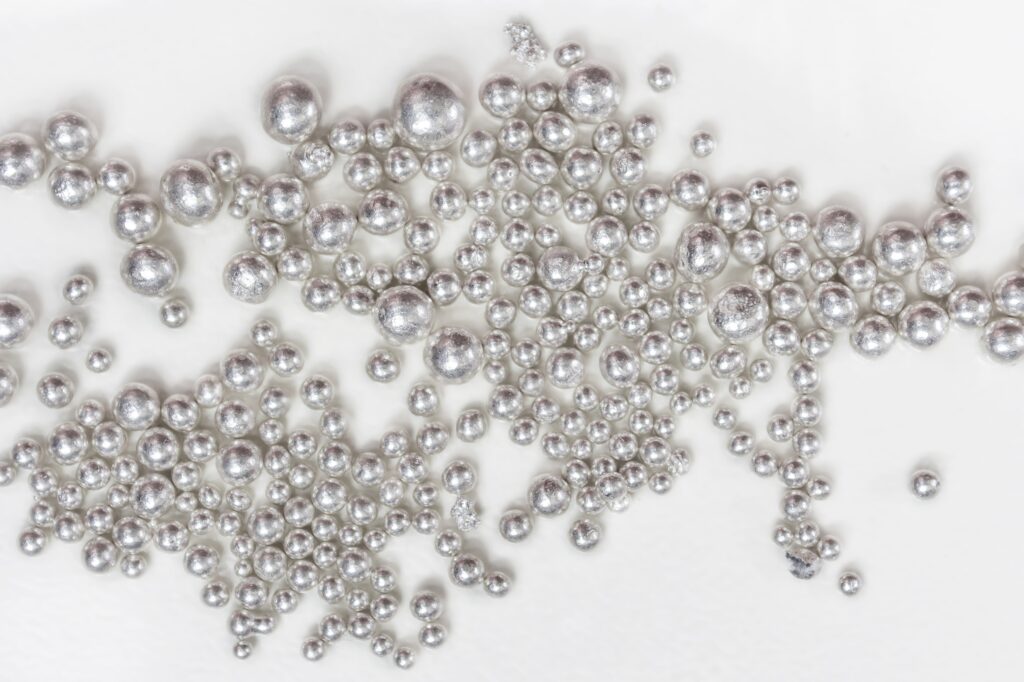
© Alex Razvan - stock.adobe.com
The uses of silver granules
Silver granulate is mostly used by silversmiths as a processing material and in industry for the manufacture of various products. In such applications its granular form is a great advantage, because the fineness of the silver then makes it much easier to arrive at any precise weighting which may be required. This attribute is of great value when it comes to producing certain components or particular pieces of jewellery. Silver granulate is even used in the production of some refrigerators.
As a product, silver granulate is traded and transported in bags which are sealed immediately after manufacture and usually weigh more than 20 kilograms.
Silver granules as a form of investment?
Many private investors are starting to wonder whether silver granules now represent a good investment alternative to silver coins and bars. This growing interest in silver granulate is largely due to the fact that at first glance it appears to be a cheaper option. However, the following points should be noted carefully:
- Exchangeability: If you are thinking of purchasing silver granules, you should also consider whether they will be easy to dispose of. So the really important question is actually: Can silver granulate be as readily resold or exchanged when required as silver coins and bars?
- Quality assurance: Many private investors who wish to buy silver granules are not really sure whether silver in this form meets the quality standards applicable to silver as a precious metal. Besides matters such as the actual purity, there may also be some doubts about the weight of the product.
- Transport and storage: Valuable precious metals are usually stored in high-security vaults, because this is the best way to guarantee the necessary high levels of security. But silver granules are packed into sealed bags, which can make it very difficult to store them properly.
- Flexibility: Most private investors who purchase precious metals as an investment in the familiar ingot (bar) form will have the option of choosing from a range of different sizes. But silver granules are purchased in sealed bags, which potentially makes transactions and direct comparison an altogether more difficult proposition.
Six compelling reasons to avoid silver granules
- Because of the manner of its production and pricing, silver granulate bears absolutely no stamped hallmark. This has important implications in that it then becomes extremely difficult to determine its origin and fineness. Furthermore, silver granules thus lack any form of official accreditation, such as the mark of an assay office, which is usually found on quantities of precious metal.
- The sealed bag containing silver granules usually also carries information about the fineness of the silver and details of its producer. However, once the silver granulate is removed from its sealed bag, then the purity and origin of the silver becomes extremely difficult to determine.
- Anyone who wishes to sell their holding of silver granules can soon run into difficulties. In contrast to silver coins and bars, there is limited interest in silver granules, a format which is primarily of interest to silversmiths and industrial users.
- Silver granules are difficult to transport and store. When stored, they should be kept in sealed bags or containers. If any seals or bags are found to be damaged, the silver granulate must then be melted down and rechecked.
- Whenever silver granulate is offered for sale, private investors should also expect significant discounts. This is because purchasers will invariably be faced with additional costs which include, shipping, smelting, and stamping.
- Unlike the standard investment bars of precious metal, silver granulate is not available in a range of different sizes. This means that silver in this format offers much less flexibility – something which private investors generally consider a highly desirable feature, and one which clearly influences their investment decisions.
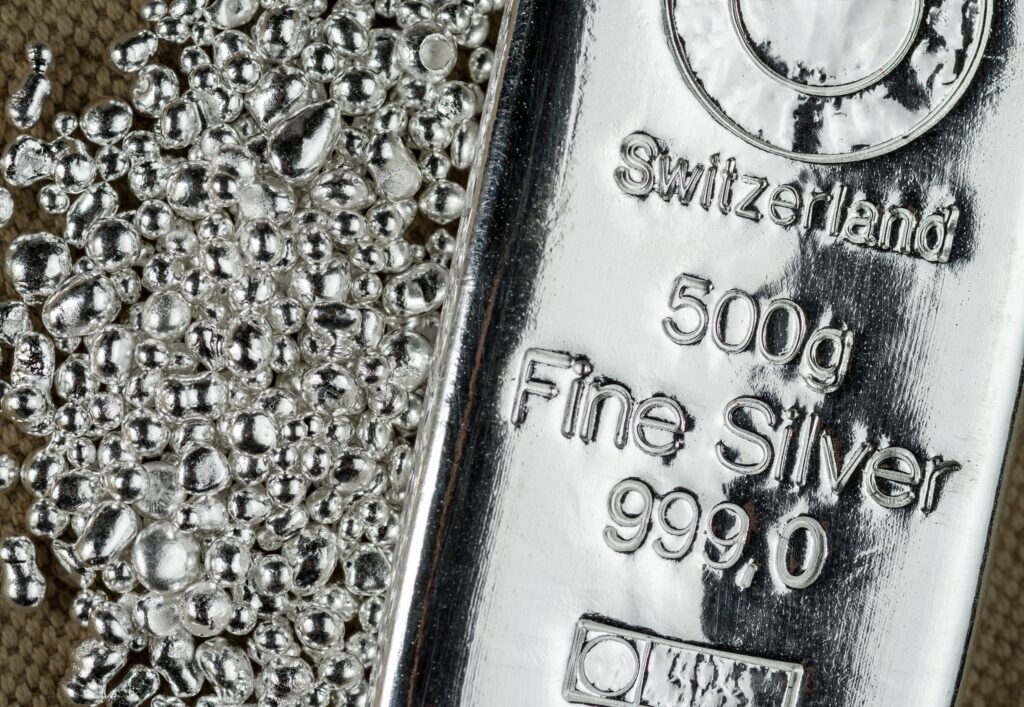
© vladk213 - stock.adobe.com
Silver granules: an overview
- Silver granules are an important processing material which is used in the manufacture of industrial products and silver jewellery.
- In reality, silver granulate has limited value as an investment and therefore cannot be considered a good alternative to silver coins and bars.
- In contrast to standard investment bars, silver granulate is difficult to trade. There is relatively little demand for this product which is mainly used by silversmiths and in industrial processing.
- Unlike precious metals, it is difficult to guarantee silver granules are easily exchangeable. Furthermore, there are other issues concerning quality assurance, transport and storage.
- The sale of silver granulate can have significant financial disadvantages. Any prospective purchasers will expect a significant discount, which will thus lower the anticipated return a seller will receive.
- Any private investors who do decide they wish to buy silver granules should at least ensure that the product comes from an LBMA-certified manufacturer.
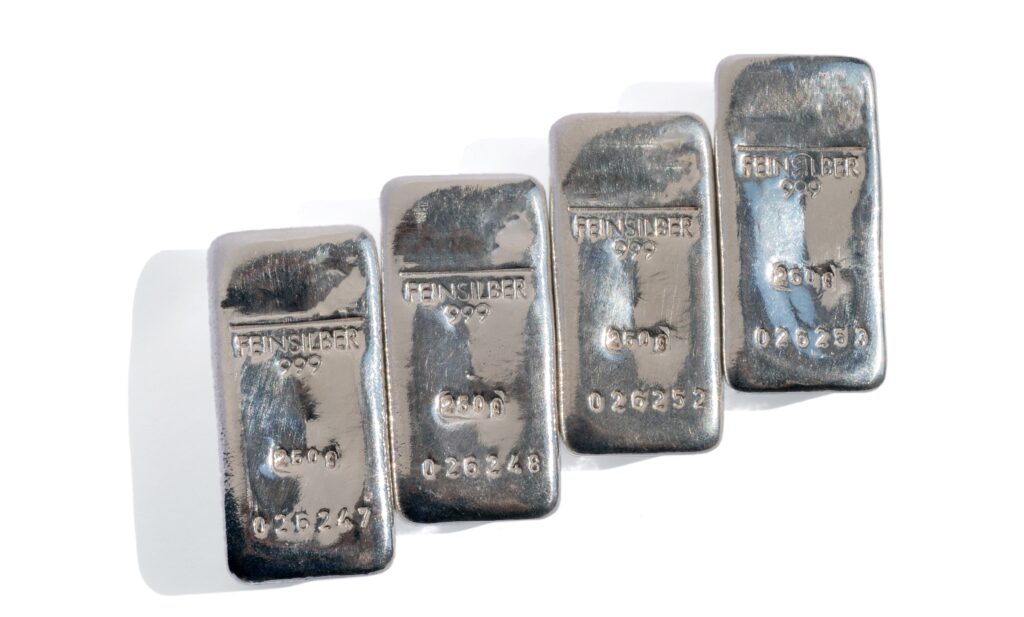
© vladk213 - stock.adobe.com


